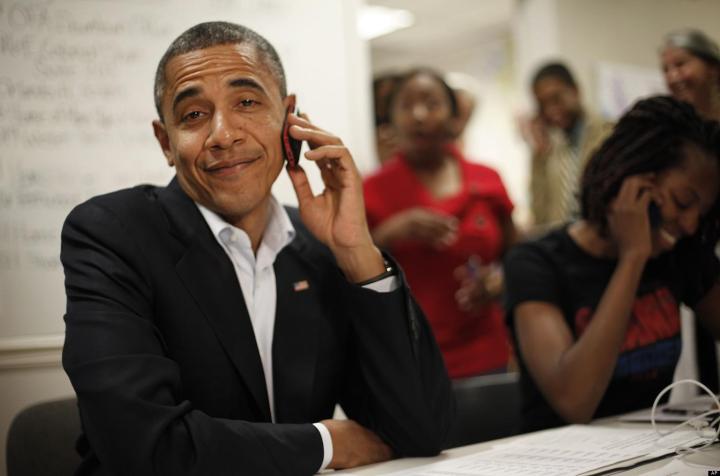
In June, President Obama announced a plan called ConnectED to bring high-speed Internet to 99 percent of America’s schools. It’s a wonderful goal and I fully support installing high-speed Internet anywhere. The more people have access to the Net, the better. What I don’t like is how he plans to fund it. As we reported yesterday, it looks like the administration plans to charge everyone with a cell phone an extra $.40 per month, or $5 per year, to fund the program.
That may not sound like a lot of money, but It’s just the latest of many charges added onto cell phone bills. Together, they are costing average people a ton of real money. In January 2013, the Tax Foundation reported (via CNN) that Americans pay, on average, an added 17.2 percent in taxes and surcharges on their wireless bill. Worse, that number is up from an average of 16.3 percent 16 months ago. (Here’s a table that breaks down these percents by state.)
For example, here are the extra charges that were added onto my last Verizon Wireless bill, which is $80 per month (an already obscene amount of money to have to pay each month).
- Fed Universal Service Charge: $2.47
- Regulatory Charge: $0.16
- Administrative Charge $0.90
- Gross Receipts Surchg $4.33
- Total: $7.86
Taxes, Governmental Surcharges and Fees:
- NY Public Safety Comm Surchg $1.20
- NYC 911 Surchg $0.30
- NY State Sales Tax $2.80
- New York City Sales Tax $3.15
- NY Local McTd Sales Tax $0.26
- Total: $7.71
I’m not sure what each of you are being charged, but $15.57 is already added to my bill each month, a tax of about 19.5 percent. With this new tax, that would likely round off to a near even $16. Granted, I live in New York City, which means I’m likely charged more than most of you. But even when I used to live in Michigan, my charges were close to $10. And looking at the Tax Foundation data, they are high across the entire country. It’s easy to say it’s “just 40 cents,” but that’s what every one of these other government agencies and programs did. Collectively, they are sucking our wallets dry.
And, like many other carriers, Verizon Wireless is upping the cost of my standard plan as well. I am holding out on an older plan with unlimited data, but if I want to get a new phone from Verizon – ever – I have to change to a new shared data plan that will cost me at least $90 per month, and that’s only if I can slum by with only 1GB of data per month. If I get 2GB, and I may have to, my bill will be $100. This is not unique to me. Mobile phone bills have ballooned in the last three years. As we entered the smartphone era, phone bills automatically increased by $30 per person for mandatory data packages, often exploding from $50 a month to $80, for an individual. That was a 50-60 percent increase in price. And now, as high-speed LTE networks take hold, carriers like AT&T and Verizon – which each serve somewhere in the neighborhood of 100 million people and are a near duopoly in wireless – have crafted new plans that suck more money out of everyone.
It’s sort of a slap in the face when the president proposes to tax us even more. Maybe he hasn’t had to pay his own wireless bill in a while.
The purpose of a tax, when its done right, should be to enact positive change by charging extra for something that we want to discourage. Trying to connect schools to high-speed Internet is a notable goal, but add the tax to something that we want to discourage, like tobacco or oil. Hell, tax unhealthy food. At least that would make some sense. There’s nothing wrong with my cell phone, Mr. President. The only problem with it is how high my bill already is.

